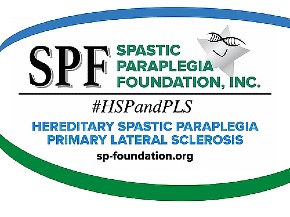Will HSP have an earlier onset and/or more severe symptoms in subsequent generations?
While the odds of any given conception having a gene mutation can be calculated, it is not possible to predict how severe symptoms will be or the exact age of onset. Hereditary Spastic Paraplegia (HSP) has significant variation in the degree of functional impairment (difficulty walking). The severity of symptoms may vary both between different genetic types of HSP and also within one family in which affected individuals not only have the same genetic type of HSP but also have the exact same HSP gene mutation.
Sometimes, but certainly not always, symptoms begin at earlier ages and may be more severer in subjects in succeeding generations. For example, symptoms may begin in the grandparent at age 35, in the child at age 15, and in the grandchild at age 5. This pattern, called “genetic anticipation” is certainly not the rule, however.
Often, “genetic anticipation” can not be distinguished from “random chance”. Since the age at which symptoms begins is variable, it is possible that just by random chance, members of a small family (such as only three affected subjects) could appear to have this pattern of “progressively younger/genetic anticipation” (when actually, it was just a random chance that the ages of symptom onset fell into this pattern).
Therefore, since a) genetic anticipation is not always seen (indeed does not appear in most families), and b) HSP symptom onset and severity are variable even within families, and c) most families are too small to make statistically significant predictions, we do not make predictions that HSP symptoms in subsequent generations will definitely be more severe or begin earlier.
Our Impact since our inception...
-
Dollars Raised
Over 12,000,000 dollars for research!



